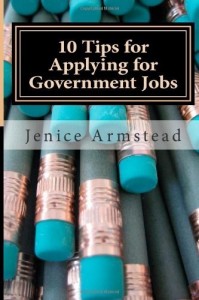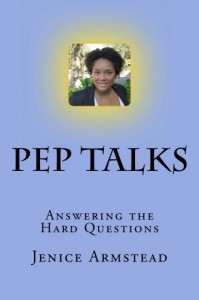The job market has changed; it has changed for the better in many ways. This economy has bounced back from one of the worst economic down falls of this century. The job market is flooded with new job seekers and excellent opportunities for the taking. The need for fresh talent is apparent; the need for new ideas is infectious. New graduates, new job seekers and new ways of understanding this new job market are more concentrated than ever before … these are all apart of the new equations of obtaining employment opportunities for the job seeker.
The federal sector are hiring, let it be clear that the federal sector has created jobs and internships. There are a few things that job seekers must understand about obtaining employment in this federal sector job market. The federal sector is more organized than ever before. The federal sector has gone through a reform of implementing new job hiring practices. The federal sectors new job hiring practices include: the use of extensive interviews, panels of board members, personality tests, demonstration of work knowledge, skills, abilities and job experience.
There are some great ways for job seekers to “stand out” from the competition, but first the job seekers needs to understand what some of the loop holes are when it comes to finding and applying for federal employment in this new job market. Do not be discouraged in this new job market. You are the human capital fabric of the economy.
This new job market requires the creation and use of multiple resumes, live website links to electronic resumes, resume social media sites, job seekers to keep the information up to date at all times, and most of all for the job seekers to have a full understanding of what their “digital finger print” looks like. When I say “digital finger print” I mean, understanding what public information is available for potential employers to search and find on job seekers via the internet. It is good practice to “Google” or look up oneself on the internet to see what information is publicly available for all to view. Just as one would conduct a “Credit Score” clean up, a “digital finger print” is just as important to conduct on a quarterly basis.
Federal government positions are not as difficult to apply for as most believe they are.
Many times there are document requirements, time requirements, and pre-qualifications to read carefully before job seekers can complete the federal government job application. Most federal government job announcements are conducted completely online at www.usajobs.gov. A computer and Internet connection are two initial requirements of the federal hiring process. This may sound like a lot, but in fact once you read this book you will realize that it sounds a lot scarier than it is to complete. The federal sector job hunting experience is all about organization and attention to detail.
You have come to the right place to get your 10 Tips for Applying for Government Job announcements. The federal hiring process is all about due process, time requirements, deadlines and required documents. One of the main keys is to read the entire job announcement applying for. It is a good practice to print the entire job announcement out and use a highlighter to ensure all of the “T’s” are crossed and “I’s” are dotted.
In the government hiring process, entire applications can be completely removed or trashed if the application package is not completed by the candidate, by the deadline. There are not “if, ands or buts,” hiring managers are not legally required to extend deadlines unless there is a viable reason to do so. In most cases, only disabled personnel have this benefit. In this case, the disabled candidate must provide documentation for the disability in receiving an application extension.
These are only a few of the topics that are covered in 10 Tips for Applying for Government Jobs. This book was created for the job seeker to keep this book on hand to organize, keep track of and provide a greater understanding of the government hiring practice.
This book will start you off in the right direction with giving the job seeker 10 tips for applying for federal government job announcements and positions.
Book Excerpt: 10 Tips for Applying to Government Jobs

Like this:
Like Loading...

